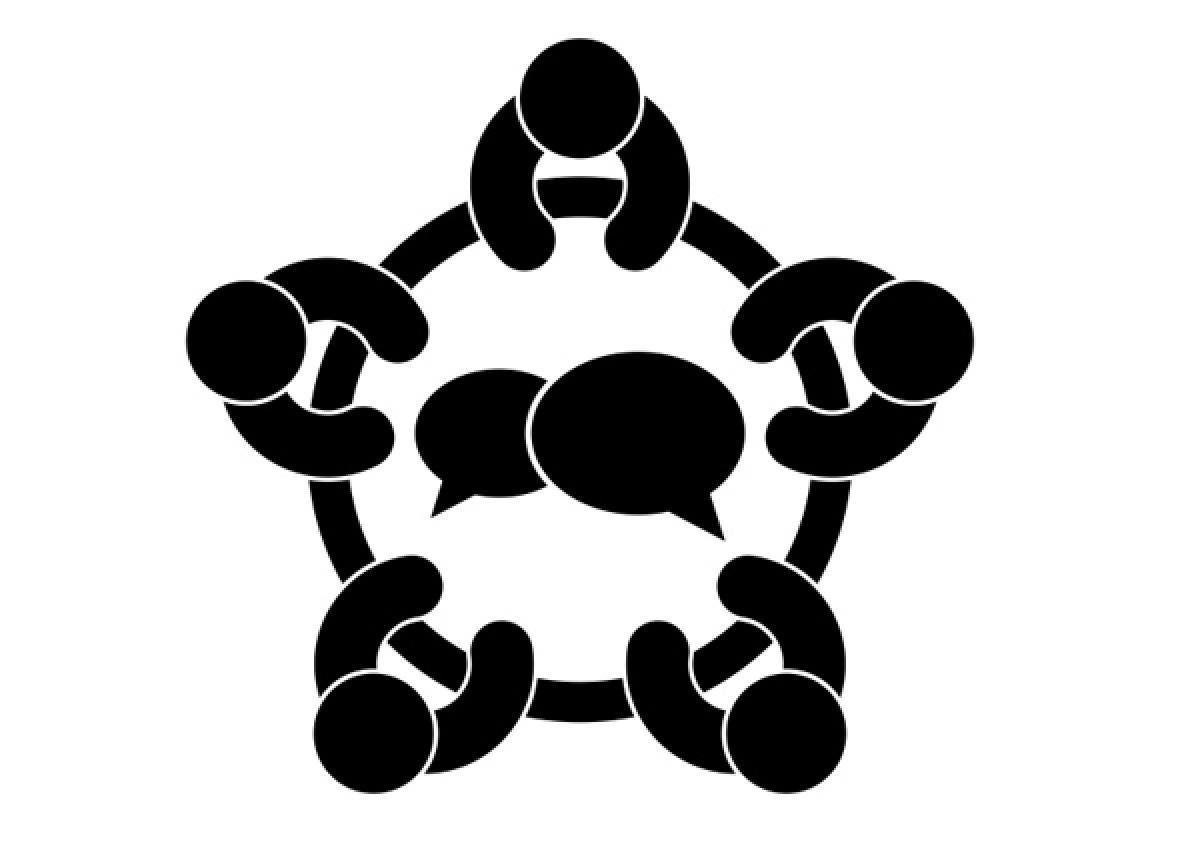Mental health issues manifest in a number of ways, and they’re not all behavioral. Increasingly, scientists are using speech analysis software to detect subtle changes in voice acoustics and patterns to detect or even predict potentially problematic conditions.
A study published Wednesday in NPG-Schizophrenia by researchers at Columbia University Medical Center, the New York State Psychiatric Institute, and IBM’s T. J. Watson Research Center found that digital speech analysis correctly predicted whether 34 youths at risk for mental illness (11 female, 23 male) would develop psychosis within 2.5 years. The system, which evaluated the study participants quarterly, correctly predicted all of their outcomes; five became psychotic.
The algorithm evaluated transcripts for predictive “semantic and syntactic features” like coherence and phrase length. “These speech features predicted later psychosis development with 100% accuracy, outperforming classification from clinical interviews,” the researchers wrote.
Clinicians are able to accurately categorize patients as “at risk,” but within that subpopulation it is difficult to determine who will actually experience psychosis and potentially develop schizophrenia. If voice recognition software can help identify these individuals, they may be able to receive more effective care. “Computerized analysis of complex human behaviors such as speech may present an opportunity to move psychiatry beyond reliance on self-report and clinical observation toward more objective measures of health and illness in the individual patient,” the researchers wrote.
Guillermo Cecchi, one of the investigators from IBM Research, told the Atlantic, “What this means is that over 45 minutes of interviewing, these young people had at least one occasion of a jarring disruption in meaning from one sentence to the next. As an interviewer, if my mind wandered briefly, I might miss it. But a computer would pick it up.”
